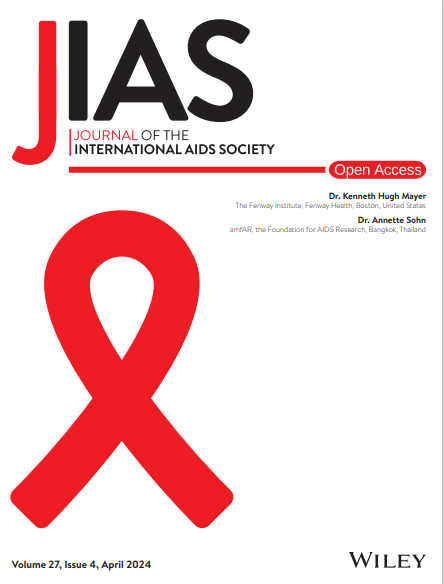“It gives me the strength and courage to take care of myself”: a qualitative exploration of experiences with STI testing among women who initiated PrEP during pregnancy in Western Kenya
Abstract
Introduction
Sexually transmitted infections (STIs) in pregnancy contribute to poor perinatal outcomes and increased HIV acquisition risk, underscoring the importance of delivering STI/HIV services within antenatal care. Few studies evaluate women's perspectives on the co-delivery of antenatal STI testing and HIV pre-exposure prophylaxis (PrEP). We sought to understand motivations for and experiences with STI testing among pregnant women who initiated HIV PrEP.
Methods
We conducted semi-structured in-depth interviews (IDIs) among a subset of women enrolled in a randomized trial in Western Kenya (NCT04472884) who initiated PrEP within antenatal clinics and tested for Chlamydia trachomatis (CT) and Neisseria gonorrhoeae (NG) in pregnancy and/or postpartum. As part of parent study procedures, IDIs were conducted between September 2023 and April 2024. Interviews were recorded, transcribed and thematically analysed using deductive and inductive methods. The Health Belief Model guided exploration of STI testing experiences, motivations for testing and the impact of testing on PrEP use.
Results
Overall, 39 women who initiated PrEP during pregnancy and tested for CT/NG participated in IDIs; six tested positive for CT and/or NG. Median age was 26 years (IQR 21–29), 77% of participants had >8 years of education, 15% were employed and 72% were married. Most (86%) did not know their partner's HIV status, and 82% persisted with PrEP use at 9 months postpartum. Perceived vulnerability to STI/HIV acquisition, fear of adverse outcomes from untreated infections (e.g. pregnancy loss or harm to baby) and desire to alleviate symptoms (e.g. abnormal discharge) motivated STI testing uptake when offered during antenatal visits. Provision of STI-related education, availability of STI services (i.e. immediate treatment, expedited partner therapy) and supportive interactions with providers promoted positive experiences with STI testing. STI testing encouraged health-promoting behaviours, including sustained PrEP use, even when STI results were negative, as testing made women feel proactively involved in preventing HIV/STI complications for themselves and their infants.
Conclusions
In this qualitative evaluation among women who initiated PrEP in pregnancy, STI testing encouraged PrEP use, even when results were negative. Incorporating STI testing within PrEP delivery in antenatal care represents an opportunity for addressing HIV/STI in this priority population.


 求助内容:
求助内容: 应助结果提醒方式:
应助结果提醒方式:


